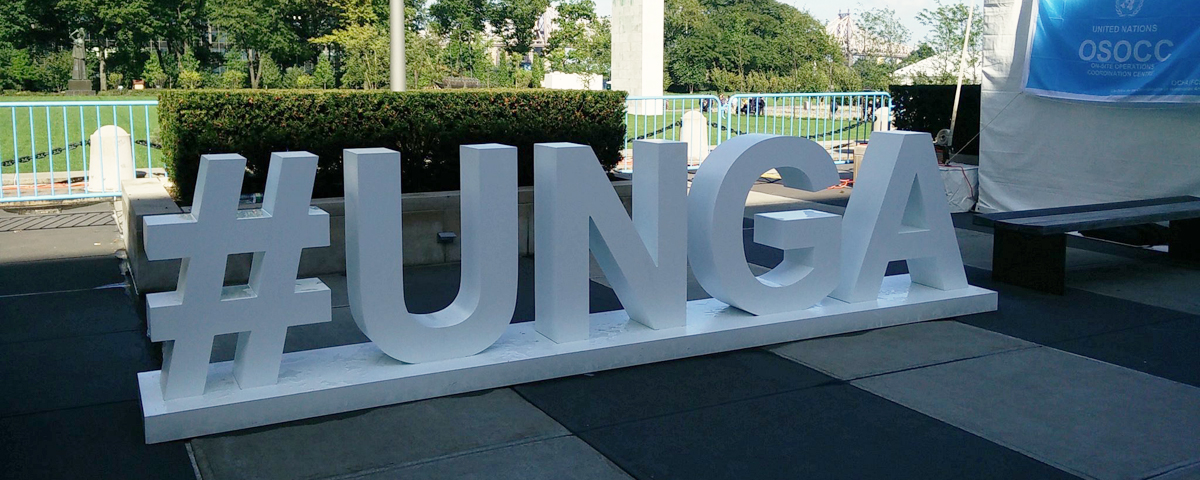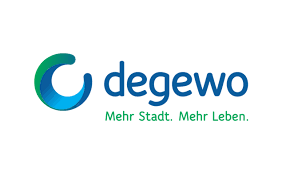
RLI PhD candidate Zakia Soomauroo at UN-General Assembly in New York
2. October 2018Resilient solar energy island supply to support SDG7 on the Philippines: Techno-economic optimized electrification strategy for small islands (Bertheau, Blechinger 2018)
4. October 2018E-mobility potential for Degewo neighborhoods in Berlin

Project duration: March – May 2018
In this project, the RLI realized an analysis for the Berlin housing construction company Degewo AG in order to determine the districts with the greatest potential for starting the installation of charging points for e-mobility. The aim is to offer residents the opportunity to charge electric vehicles directly at their place of residence.
Degewo is Berlin's second largest housing construction company. In order to determine the potential for e-mobility in the individual Degewo districts, the RLI determined and evaluated ten socio-economic criteria and weighted them using the Analytic Hierarchy Process (AHP). This standardized procedure, which compares the criteria – such as the rent index and population development – in pairs, was designed by Innovationszentrum für Mobilität und gesellschaftlichen Wandel (InnoZ) and, in cooperation with the RLI, used in an advanced version for the joint PIOnEER project in Brandenburg. The aim of the analysis was to compare the potentials of the individual neighborhoods and to create a priority list that identifies the neighborhoods that have the best potential to start building charging points.
Equipping residential quarters in the city with charging infrastructure serves the overriding goal of integrating renewable energy into various areas of life. The creation of (public) charging points makes it easier for tenants to switch from conventional vehicles to e-vehicles and is thus a component of the transport transition.
© Image: With kind permission of Degewo AG
- Analyzing the potential of e-mobility of the Degewo housing stock in Berlin
- Determining the neighborhoods with the highest and the lowest potential of e-mobility
- Creating an interactive map to visualize the data
By the RLI’s analysis of the potential of e-mobility of the Degewo districts, it was possible to find out which districts have the highest or lowest potential for installing charging points. Thus, a priority ranking was compiled in which neighborhood the construction of charging points should start. The results are presented in an interactive map. It visualizes all data that was used to calculate the potential and shows the location of the individual quarters.







